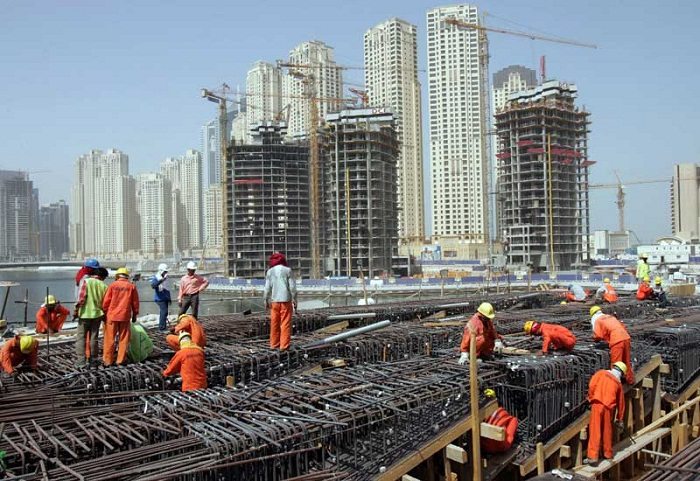Nigeria has vast investment opportunities within its construction industry. Reportedly the latter has an estimated market size of between US$26.9 billion and US$40.3 billion, which accounts for 9% of the West African country’s Gross domestic product (GDP). The opportunities lie within the significant infrastructure gaps that the government is keen to bridge in a bid to address productivity and economic expansion challenges.
Also Read: Top 6 Best Real Estate Investment Markets in Alabama
Thus far, the Nigerian administration has adopted several long-term strategies to bridge the infrastructure gap. These include strategies include the National Infrastructure Master Plan (2014 ‐ 2043) and the National Development Plan (2021 ‐ 2025). The government also established the Infrastructure Corporation of Nigeria (InfraCorp) ‐ an NGN15 trillion fund to drive Public‐Private Partnership (PPP) investments in infrastructure in the country.
Here are the top 5 investment opportunities in Nigeria’s construction industry
-
Commercial Real Estate Construction
Nigeria is reportedly urbanising rapidly. According to World Bank, approximately 53% of the 213 million Nigerians live in urban areas and this is expected to rise above 70% by 2050.
The country’s middle class is also rising at equal intervals driving demand for mid to high‐end residential and non‐residential facilities such as malls, parks, hotels etc. The opportunity here lies in activities that range from the renovation or conversion of existing buildings for commercial needs and the acquisition of land to develop a commercial-purpose property.
2. Energy and utility construction
Nigeria experiences blackouts quite frequently due to insufficient electricity generation and grid constraints. As a result, the government is set to enhance its energy access with upcoming and ongoing power projects. These projects will boost renewable energy, hydropower, natural gas, and the transmission of power.
Through these projects, there are multiple investment opportunities in this subsector from consultancy to construction.
3. Affordable Housing Construction
Nigeria’s housing deficit is currently at 28 million units. This was revealed by the Federal Mortgage Bank of Nigeria (FMBN). With a growing population of over 200 million people, the country needs to build a minimum of 700,000 houses per year to close this gap.
Both the state and national governments are committed to filling this gap. Since 2019 the national government has set aside US$ 600 million for this sub-sector for the delivery of affordable housing in 36 states of the country.
Several financial institutions have also increased their capacity to finance the affordable housing market through the provision of loans and advances.
4. Industrial Construction
The government of Nigeria is supporting industrialization as one of its strategies to tackle unemployment in the country. It has therefore created a favourable environment for industrial developers which has seen the development of significant projects in the country including the Dangote Refinery.
There are lots of opportunities in this subsector ranging from roads to railways and port construction.
5. Construction equipment and building materials supply
What are contractors without equipment and building materials?
Heavy construction equipment such as dump trucks, excavators, dredgers, generators, and graders just to mention a few are crucial for project implementation. Definitely, not all project contractors have their own machinery.
Construction and building materials on the other hand are key components for any building and construction projects. Opportunities here lie in the manufacture and distribution of the materials.
Nigeria’s building and construction industry accommodates both foreign and local companies competing favourably for projects in the public and private sectors.

